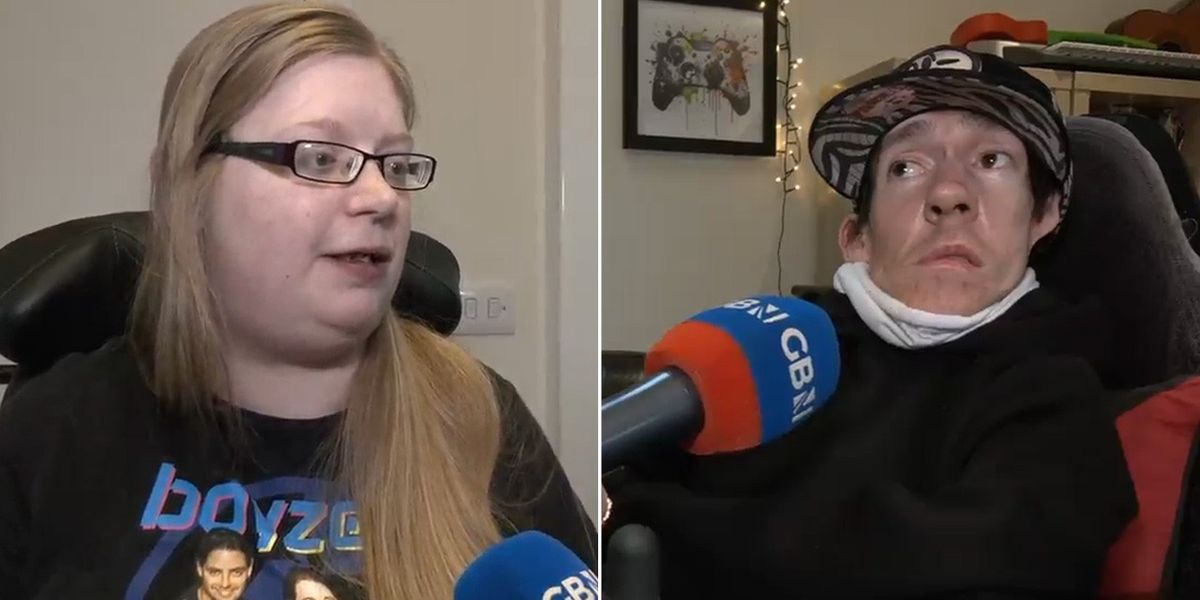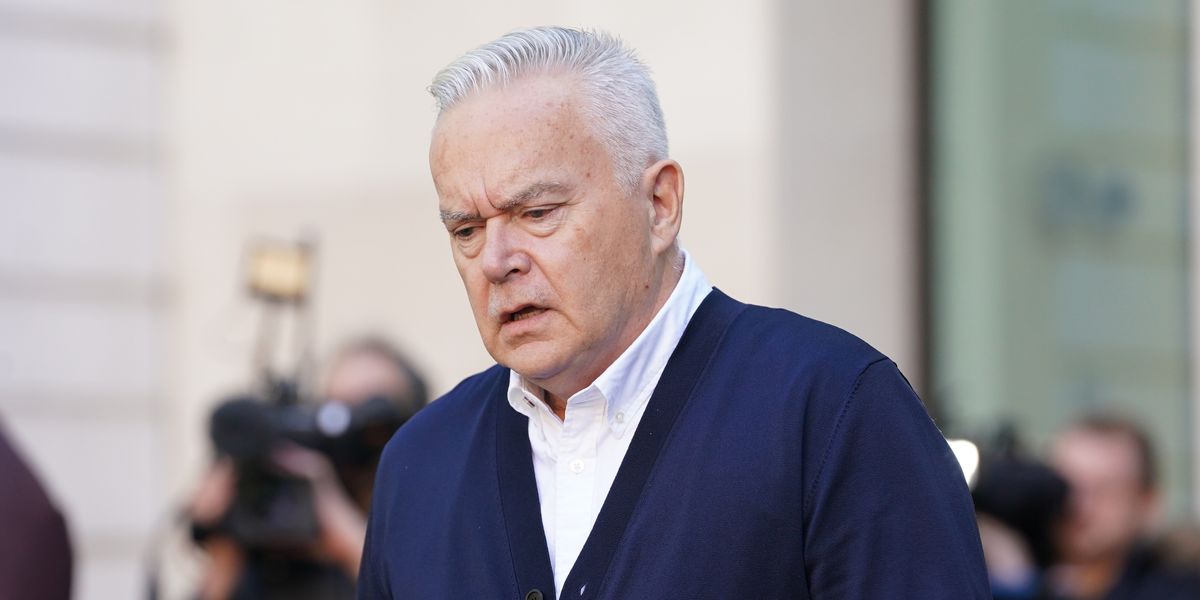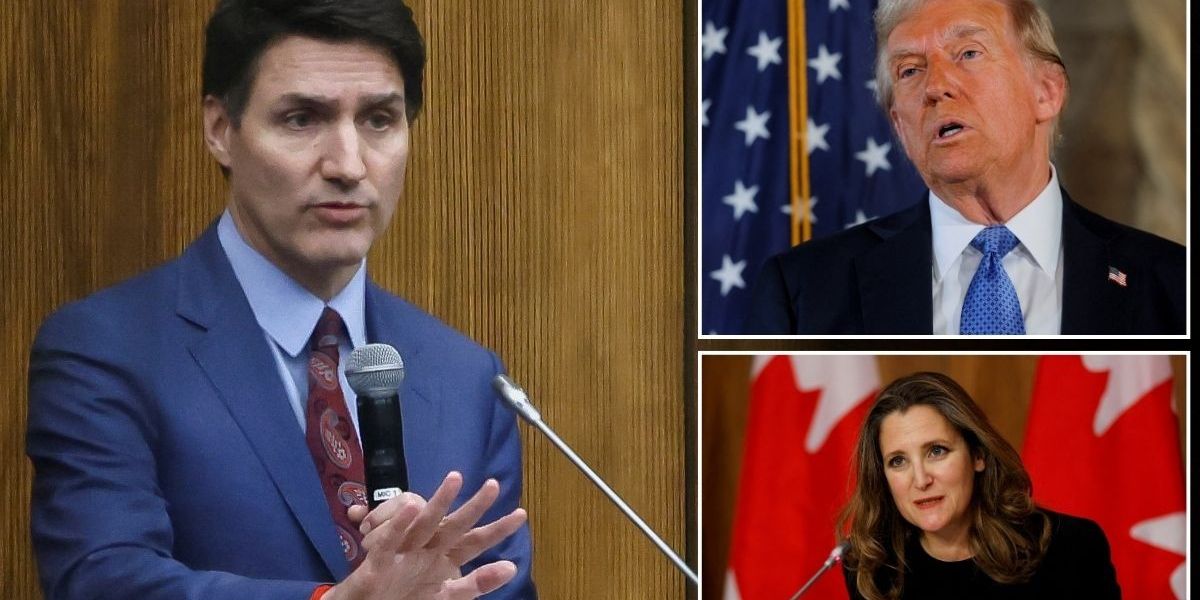The head of the Russian army's chemical weapons division was killed Tuesday in an explosion outside an apartment building in Moscow, officials said.
Igor Kirillov and his assistant were killed when an explosive device attached to a scooter went off as the two men left a building in a residential area in southeastern Moscow early in the morning, investigators said.
Sources from Ukraine's security services have claimed responsibility for the targeted killing.
Kirillov is the most senior Russian military official to be killed in such a blast in Moscow since the Kremlin's full-scale invasion of Ukraine nearly three years ago.
Here is everything we know about Kirillov and the circumstances surrounding his killing:
Who is Igor Kirillov?
Lieutenant General Igor Kirillov, 54, headed the Russian military’s radiological, chemical and biological defense forces since 2017.
The U.K. sanctioned him and his unit in October over the alleged use of chemical weapons in Ukraine, describing him as a “significant mouthpiece for Russian disinformation.”
He was killed a day after Ukraine charged him in absentia for allegedly using banned chemical weapons during Russia’s full-scale invasion.
Moscow has denied deploying chemical weapons in Ukraine.
Kirillov is known for his claims about alleged Western bio-laboratories and their possible connection with the spread of infectious diseases, including Covid-19.
He has claimed that Washington planned to provide biological weapons to Ukraine and that this would include targeting Russian troops with malaria-infected mosquitos.
He has also repeatedly accused Kyiv of using chemical weapons. In October 2024, he claimed that the Ukrainian military used Western-made chemical weapons in the Kyiv-held town of Sudzha in Russia’s Kursk region.
Since 2022, Kirillov has also repeatedly claimed without evidence that Kyiv was developing a “dirty bomb” — a conventional weapon that would spread nuclear material.
He is survived by his wife and two sons.
How was he killed?
Russia's Investigative Committee said Kirillov and his assistant were killed after "an explosive device planted in a scooter parked near the entrance of a residential building was activated on the morning of December 17 on Ryazansky Prospekt in Moscow,” about seven kilometers southeast of the Kremlin.
The blast shattered several windows of the building and severely damaged the front door, according to an AFP reporter on the scene.
The state-run RIA Novosti news agency reported, citing a source, that the explosive device had an estimated power equivalent to 200 grams of TNT.
What is known about his attackers?
Russia's Investigative Committee opened a criminal case regarding the killing of two servicemen but did not name any potential suspects.
Ukraine has not officially commented on the explosion.
Sources within Ukraine’s SBU security service told BBC Ukraine and AFP that the explosion targeting Kirillov was the result of an SBU special operation.
According to the sources, an explosive-laden scooter was detonated as Kirillov and his aide exited a residential building on Ryazansky Prospekt in Moscow.
"Kirillov was a war criminal and a completely legitimate target, as he issued orders to use banned chemical weapons against Ukrainian forces," the source told BBC.
The Baza Telegram channel reported that the scooter loaded with explosives was placed near the entrance of the residential complex around 4 a.m. It added that surveillance of everyone exiting the building could have been conducted from a rented apartment across the street, a nearby car or via the building’s surveillance system which may have been hacked.
What does the Kremlin say?
The Kremlin has not yet commented on Kirillov's killing.
Has Russia used chemical weapons in Ukraine?
Britain and the U.S. have accused Russia of using the toxic agent chloropicrin against Ukrainian troops in violation of the Chemical Weapons Convention (CWC).
Chloropicrin is an oily liquid with a pungent odor known as a choking agent widely used during World War I as tear gas. The Organization for the Prohibition of Chemical Weapons (OPCW) specifically prohibits its use.
Russia has said it no longer possesses a military chemical arsenal but the country faces pressure for more transparency over the alleged use of toxic weapons.
In June, Ukraine accused Russia of increasing frontline attacks using prohibited hazardous chemicals and had registered more than 700 cases of their use the previous month.
Ukraine’s SBU security service claims that chemical weapons have been used in the country more than 4,800 times since Russia invaded in February 2022.
AFP contributed reporting.
A Message from The Moscow Times:
Dear readers,
We are facing unprecedented challenges. Russia's Prosecutor General's Office has designated The Moscow Times as an "undesirable" organization, criminalizing our work and putting our staff at risk of prosecution. This follows our earlier unjust labeling as a "foreign agent."
These actions are direct attempts to silence independent journalism in Russia. The authorities claim our work "discredits the decisions of the Russian leadership." We see things differently: we strive to provide accurate, unbiased reporting on Russia.
We, the journalists of The Moscow Times, refuse to be silenced. But to continue our work, we need your help.
Your support, no matter how small, makes a world of difference. If you can, please support us monthly starting from just $2. It's quick to set up, and every contribution makes a significant impact.
By supporting The Moscow Times, you're defending open, independent journalism in the face of repression. Thank you for standing with us.
Continue
![]()
Not ready to support today?
Remind me later.

 By The Moscow Times | Created at 2024-12-17 09:15:27 | Updated at 2024-12-17 12:33:39
3 hours ago
By The Moscow Times | Created at 2024-12-17 09:15:27 | Updated at 2024-12-17 12:33:39
3 hours ago








